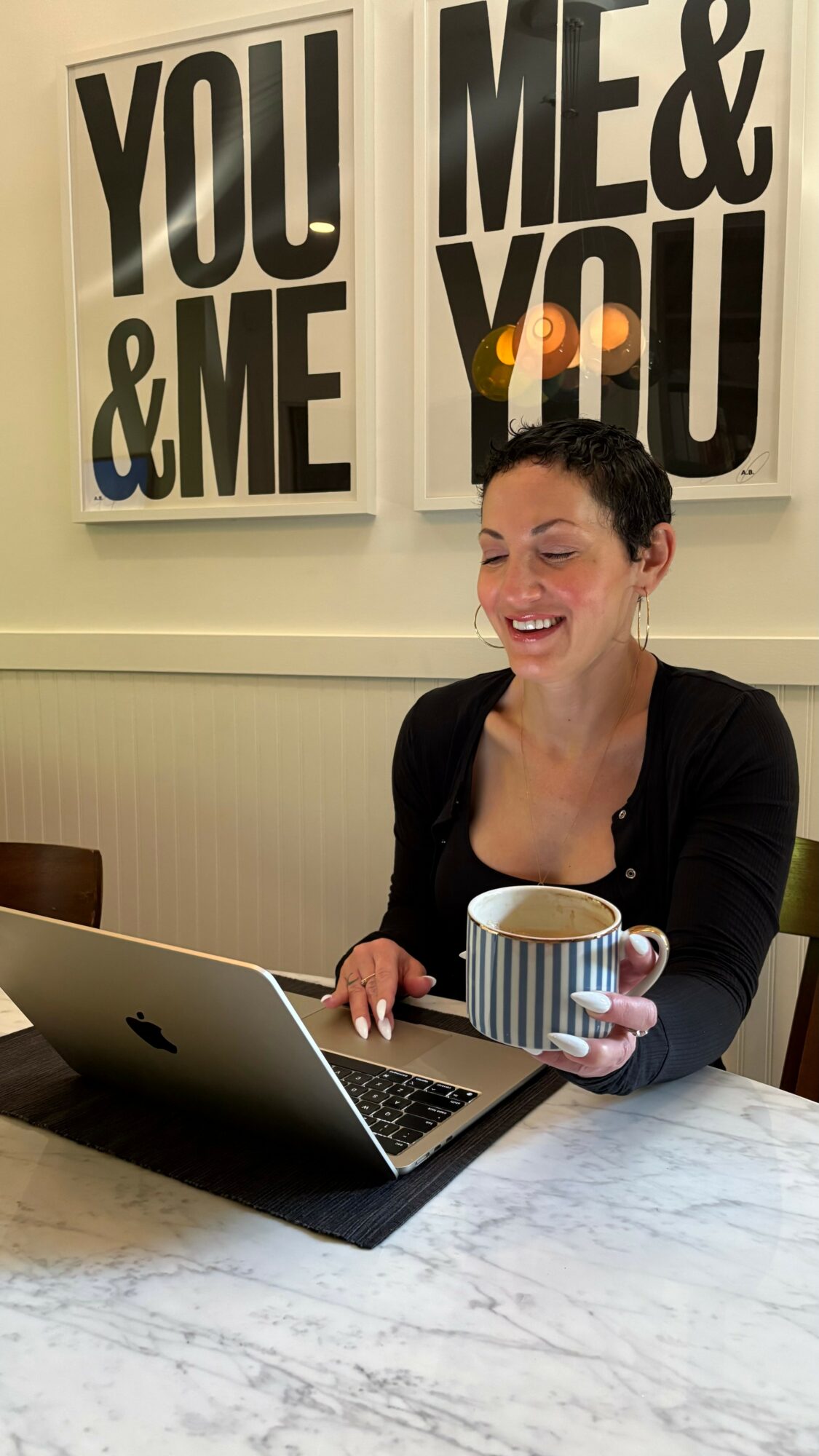

Orlee Klempner shared their story and experiences with us recently and you can find our conversation below.
Orlee, really appreciate you sharing your stories and insights with us. The world would have so much more understanding and empathy if we all were a bit more open about our stories and how they have helped shaped our journey and worldview. Let’s jump in with a fun one: What are you being called to do now, that you may have been afraid of before?
Lately, I’ve felt called to speak more openly about my work; ot as a product or a brand, but as a real person with lived experience and deep training.
When I first started out as a yoga instructor, I thought “marketing” meant turning yourself into a polished, curated persona; something glossy and confident and perfectly lit. I saw a lot of that in the wellness world: blanket advice, one-size-fits-all fixes for deeply complex issues. And I didn’t just feel out of place, I felt concerned. Because real healing doesn’t come from a caption. It comes from relationship, from attunement, from listening before guiding.
The imposter syndrome I felt wasn’t just insecurity, it was my nervous system telling me, this marketing model isn’t you. I knew how to hold space. I knew how to guide people through healing. I just didn’t know how to share that on social media in a way that felt real. So I stepped away from professional posting and focused on what I already knew how to do: training, meeting with clients, and doing the work, both personally and professionally.
Then, during my cancer journey, everything paused. And in that stillness, I realized how far I’d come, not just in what I know, but in how I show up. I realized I was ready to be seen, not as a brand, but as a human. And I knew that when I returned, it wouldn’t be with polished promises or big claims. It would be with my story, my voice, and a steady presence.
So now I’m showing up again, not as an influencer, but as the practitioner I’ve been for years. Someone who’s walked through anxiety, addiction, grief, and cancer. Someone who helps people reconnect with themselves, understand their parts, and learn to loosen their grip on control – a process so many of us find ourselves returning to, again and again.
I used to think I had to shape-shift into something glossier in order to be “legit.” But that was like trying to force an introvert to become an extrovert. Now I know I can thrive by showing up as I really am: grounded, imperfect, and in real conversation with people.
This version of visibility, rooted in connection, humility, and truth no longer scares me. It feels like home.
Can you briefly introduce yourself and share what makes you or your brand unique?
Hi, I’m Orlee, an integrative practitioner based in Los Angeles, and the founder of Orlee Living + Wellness.
My work brings together Internal Family Systems (IFS), mindfulness, and trauma-informed yoga to support people navigating anxiety, trauma, addiction, eating disorders, burnout, and relationship challenges. I offer 1:1 sessions and group work, both online and in person. What I find most interesting is helping people connect more deeply with themselves, not by fixing or performing, but by building real, lasting relationships with the parts of them that are trying to cope and protect.
What makes this work meaningful to me is that I didn’t just study it; I lived it. My path has included sobriety, grief, cancer, and more than a few moments of total reset. Through it all, I’ve returned to one core truth: connection heals. Connection to our bodies, to our parts, to others. That’s what loosens our grip on control and opens space for something new.
Right now, I’m focused on growing my group offerings, especially for people who want to better understand their internal world and stop battling themselves. I’m also finding my voice again in a more public way after years of quietly doing the work behind the scenes.
What I offer isn’t a formula or a quick fix. It’s real conversation, consistent presence, and showing up for the messy middle again and again. That’s where real change takes root.
Appreciate your sharing that. Let’s talk about your life, growing up and some of topics and learnings around that. What did you believe about yourself as a child that you no longer believe?
As a child, I believed I was too much. And because of that, I also believed I wasn’t enough.
I had so much energy. I wanted to move, climb, ask questions, and perform. Play for me was full-bodied. I’d talk to adults at length, often more than they wanted. I remember once, my aunt gifted me a shirt that said “Born to Be Wild.” It was the late ’80s, early ’90s, and the phrase was a pop culture thing. But it also said something truer about me than I knew at the time.
Some people saw my energy as too loud, too intense, too needy, so I internalized that. Over time, it became a core belief: that my natural way of being wasn’t lovable. That I had to shrink myself to be accepted. And if I failed to do that, if I ever caused upset, then it was my job to fix it.
That belief followed me into adulthood. I found myself over-repairing in relationships, not just romantic ones, but friendships, family, and co-working relationships too. I was always trying to read how the other person was relating to me, taking on full responsibility for keeping the connection “good.” It was a subtle, but constant loop of: Did I say something wrong? Are they upset? How do I make it right?
Looking back, it makes sense. Young children often assume responsibility when a parent is upset. It’s how we try to make sense of our world. And in my case, that wasn’t just developmental; it was reinforced. My dad would often go silent when he was upset, withdrawing emotionally until I came to repair things. So I learned: it’s my job to fix the rupture, even when I don’t know what I did wrong.
Working through that belief took time and layers. I had to face the parts of me that judged themselves harshly for being “too much” or “needy,” and learn to relate to them differently. And over time, I realized: this isn’t how most people relate. This is how my father related. And I don’t have to carry that pattern into every connection I have.
Now, I believe I’m a whole person, not someone who has to shrink, scan, or over-function to earn love. If a relationship requires me to take full responsibility for how another person feels or sees me, that’s not a healthy relationship. And I can step away from that without shame.
I no longer believe I’m too much. Or not enough. I believe I’m complex, like everyone else. And that connection doesn’t require performance. It requires presence.
What did suffering teach you that success never could?
Success gave me validation. Suffering gave me truth.
There was a moment I often return to: a quiet childhood memory. I’m standing in the kitchen of the house I grew up in, eye-level with the speckled tile countertop. Sunlight is pouring in through the window. And for just that moment, I feel no responsibility. No fear of loss. No wondering what comes next. I’m fully taken care of.
That’s what I miss, not the house or the kitchen, but the feeling of being held. Of not having to hold it all together.
What suffering has taught me through addiction, grief, medical ailments like cancer, and heartbreak is how to hold myself the way I once longed to be held. Not with perfection or certainty, but with presence. With breath. With the kind of compassion that doesn’t need to fix anything to be real.
Success never asked me to slow down. Suffering did. It asked me to let go of control. To soften. To listen.
And that’s what I now offer others, not just strategies or insight, but space. The space to feel, to unravel, to reconnect. To know they’re not alone in the mess.
Suffering taught me how to return to myself again and again. And from that place, everything else begins.
So a lot of these questions go deep, but if you are open to it, we’ve got a few more questions that we’d love to get your take on. What do you believe is true but cannot prove?
I believe in a greater belonging, something we return to when we die, but also something we can touch while we’re alive.
I can’t prove this. But I feel it when I light my Shabbat candles. When I drop into the present moment. When I connect deeply with another person. I feel it in the quiet of grief, in the intimacy of sex with someone I love, in the eyes of my dog as we breathe together in total safety. I feel it when someone lets me witness their truth in a session or when I let someone witness mine.
We can call it the universe, the divine, the cosmos, or just connection. But whatever it is, it’s bigger than thought. It doesn’t need to be proven to be real.
This sense of belonging, of returning to something deeper, shows up in all kinds of ways, especially in moments of loss, love, stillness, or presence. It’s the thread underneath everything I do.
Much of what I believe is shaped by Buddhist thought, particularly around impermanence, suffering, and the power of presence. But the truth of it doesn’t live in the books. It lives in the body. And in the way we show up for each other.
Alan Watts once differentiated belief from faith, saying that belief is clinging to a concept, while faith is letting go into something bigger than yourself, whether or not it gives you what you want. That feels true to me. This greater belonging I sense isn’t something I believe about the world. It’s something I’ve experienced within it. Over and over again.
Okay, we’ve made it essentially to the end. One last question before you go. What pain do you resist facing directly?
Lately, I’ve noticed how hard it is to fully let in joy, especially after everything I’ve been through.
I recently celebrated my birthday. It was my first since finishing cancer treatment. And in the weeks leading up to it, I found myself spinning: planning, canceling, overthinking, trying to engineer the perfect day.
Last year, I was in chemo. This year, I’m healthy. But instead of just celebrating that, I was caught in my head.
Then, the day before my birthday, two close friends who were there for me through it all sent a simple message:
“We’re so happy to celebrate your 41st rotation around the sun, feeling good and healthy.”
It stopped me in my tracks. Because that’s the truth: I feel good. I’m here. I made it through.
And yet, underneath all the planning was a part of me that was scared. Scared to celebrate feeling good, in case it didn’t last. Scared I might “jinx” something. Scared that naming my joy too boldly might invite grief back in.
That’s the pain I resist: the fear of celebrating now, because of what might come later.
But what I came back to, what I always come back to, is this moment. Right now, I feel good. I’m alive. I’m with people I love. And that’s worth honoring.
Because joy isn’t about guaranteeing anything. It’s about being here, fully. Even if it’s just for today.
Contact Info:
- Website: https://orleeklempner.com
- Instagram: https://www.instagram.com/orleeklempner/
- Facebook: https://www.facebook.com/orlee.klempner.9/
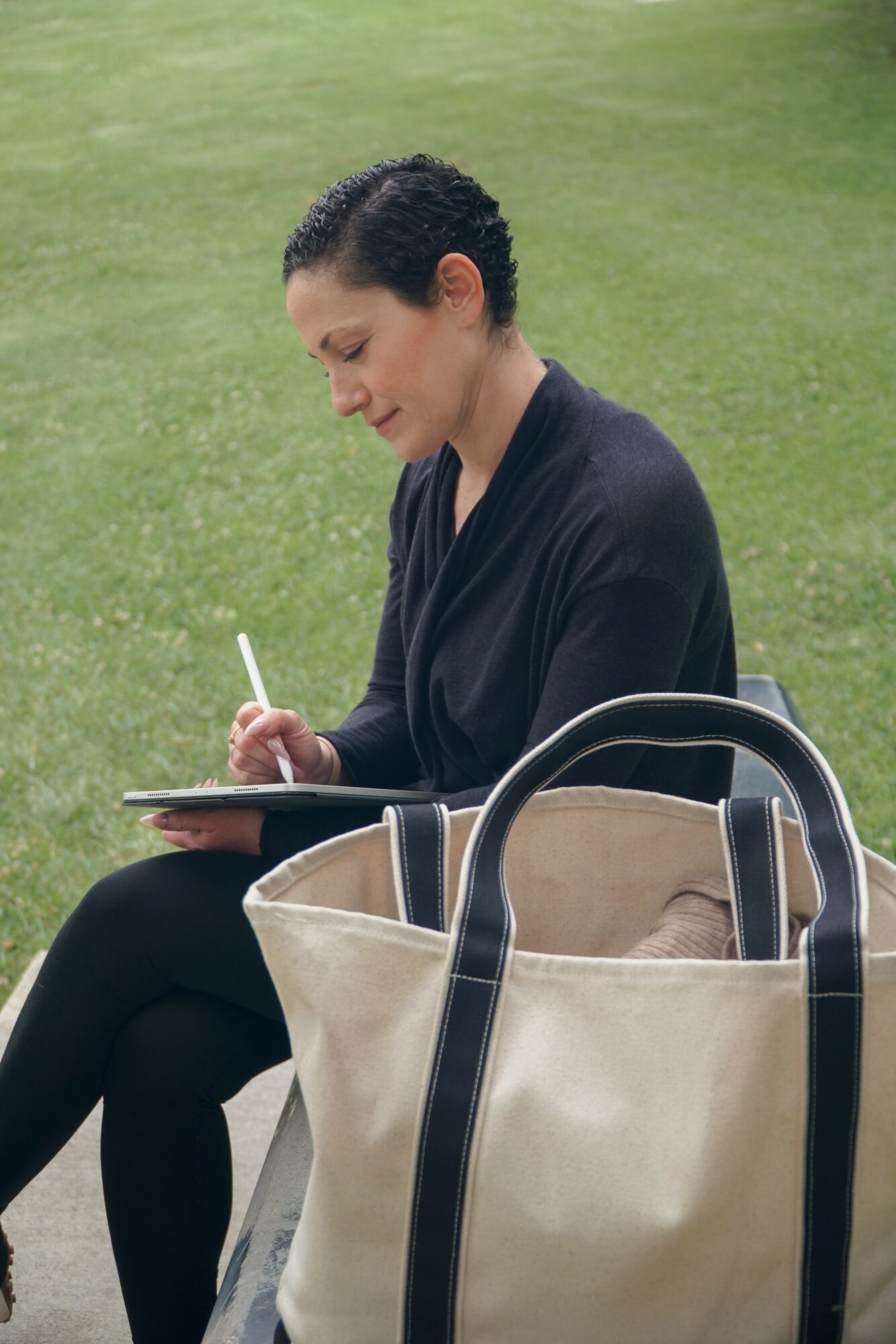
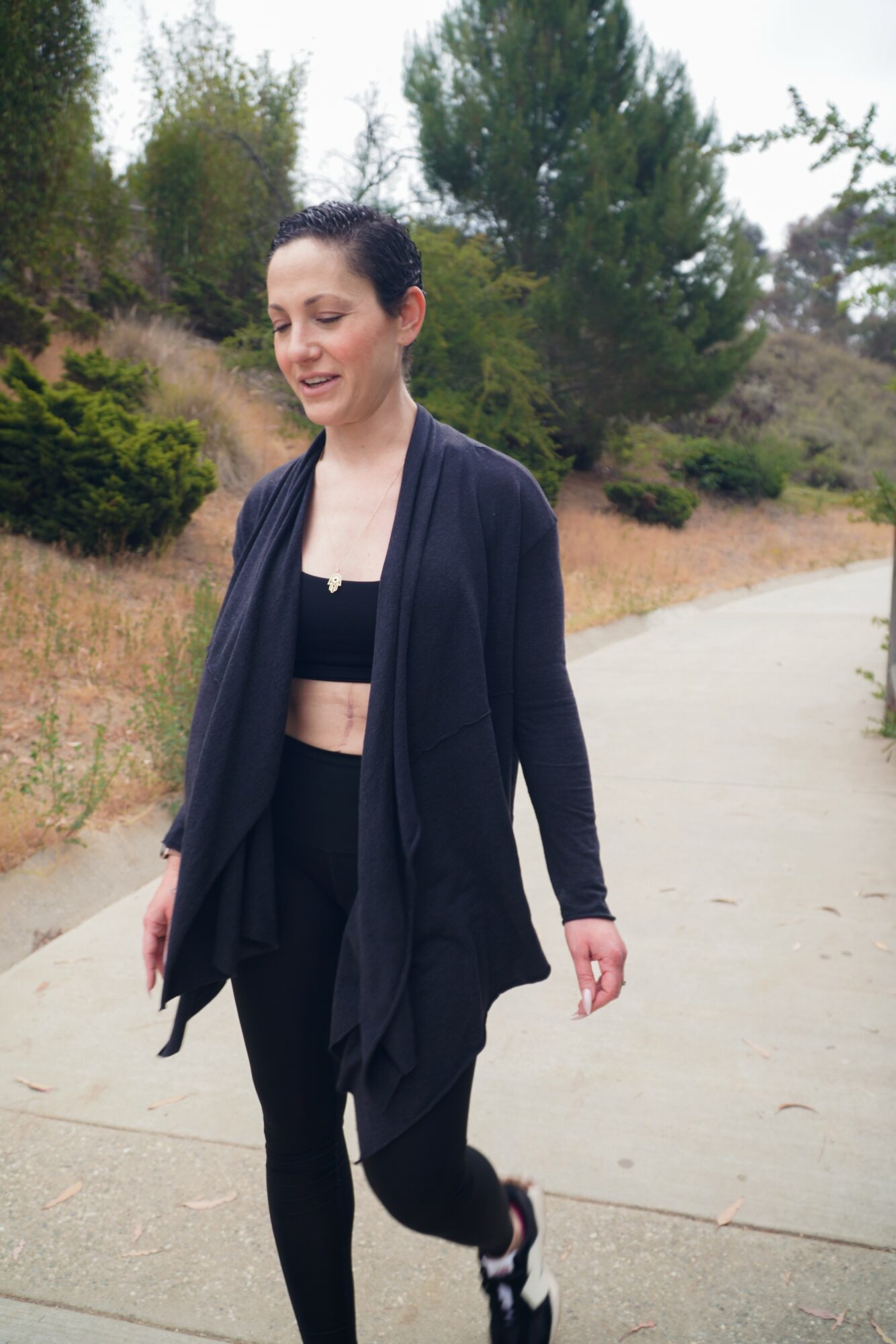
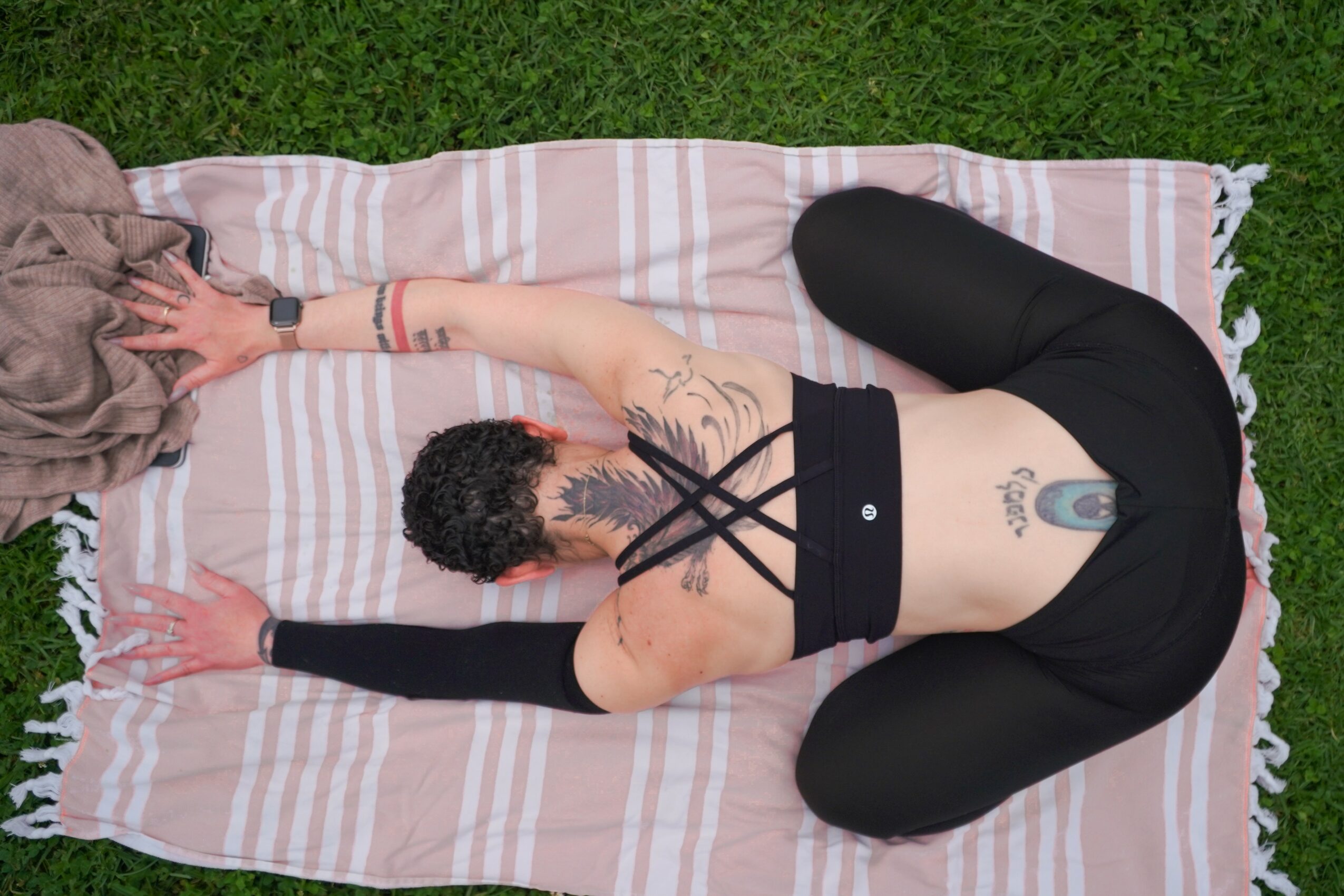
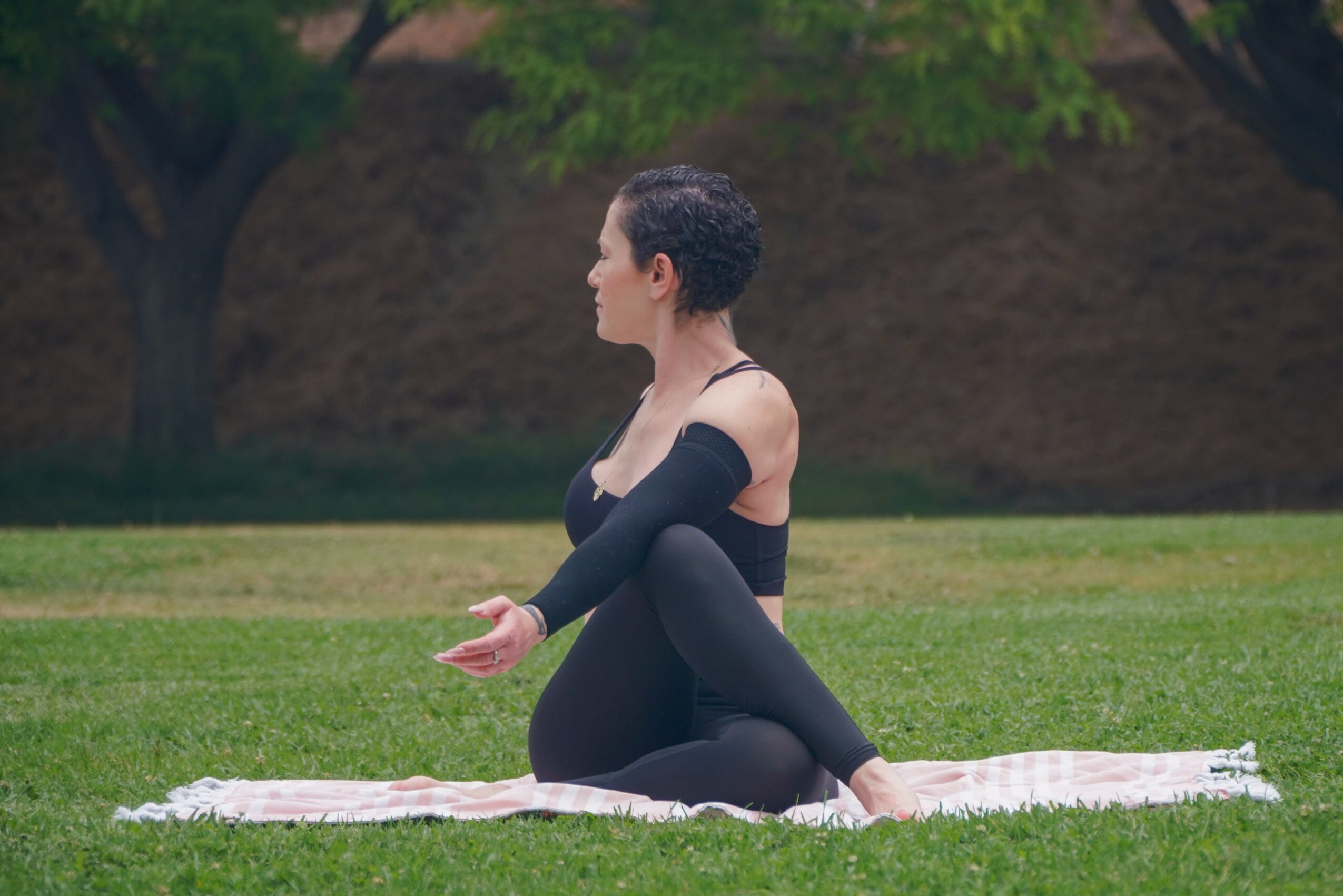
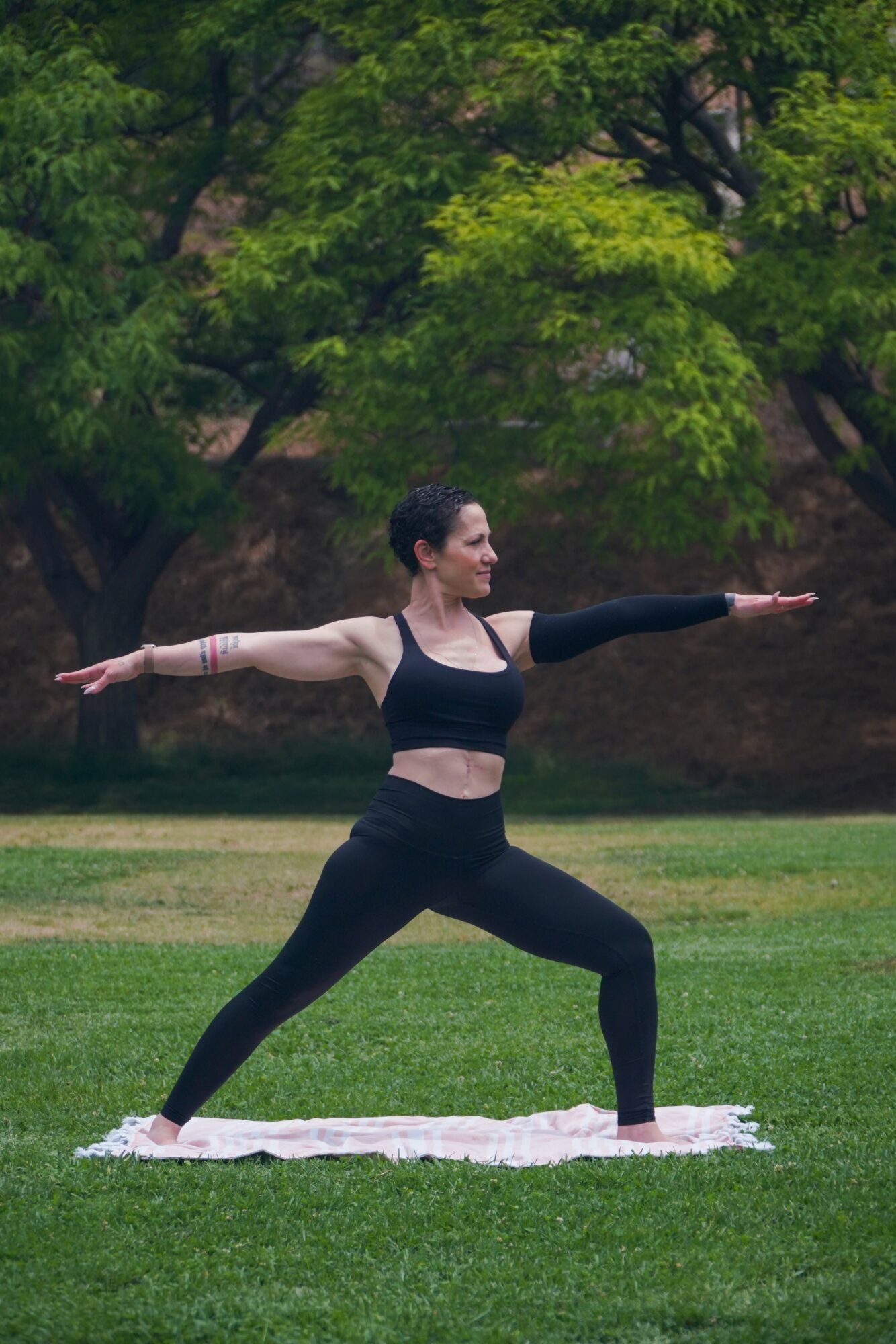
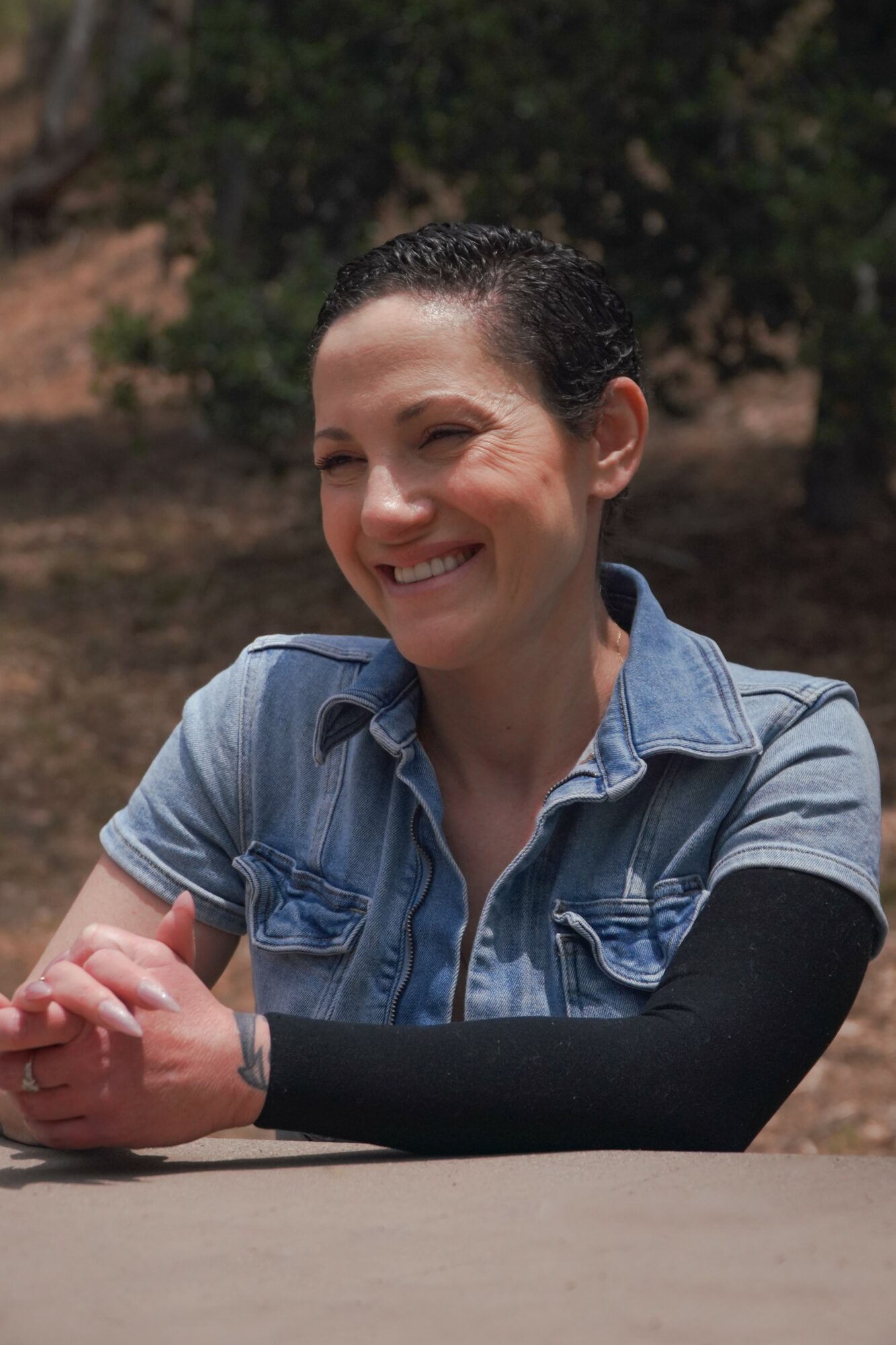
Image Credits
Joe Rangel
Jacob Klempner














